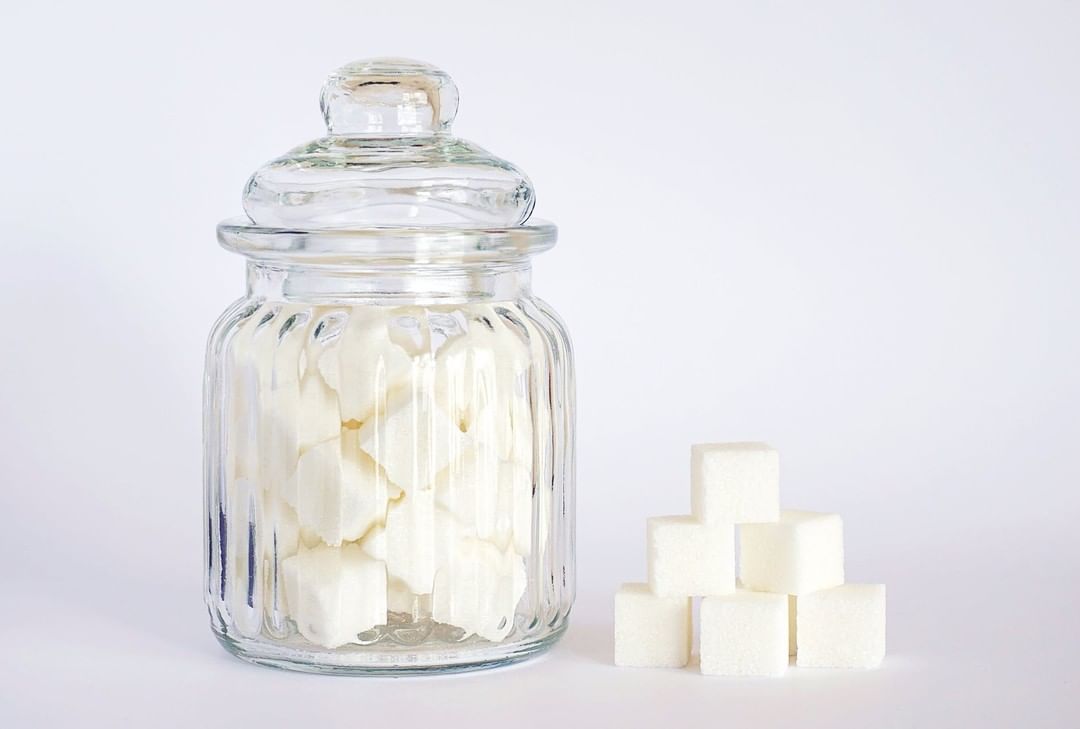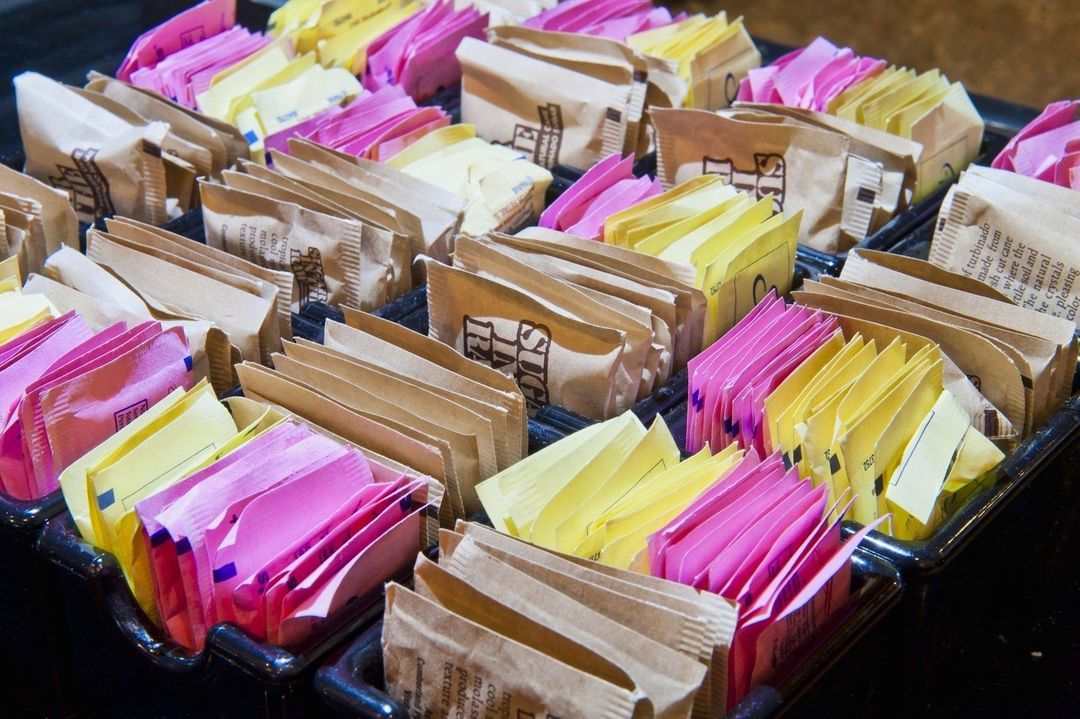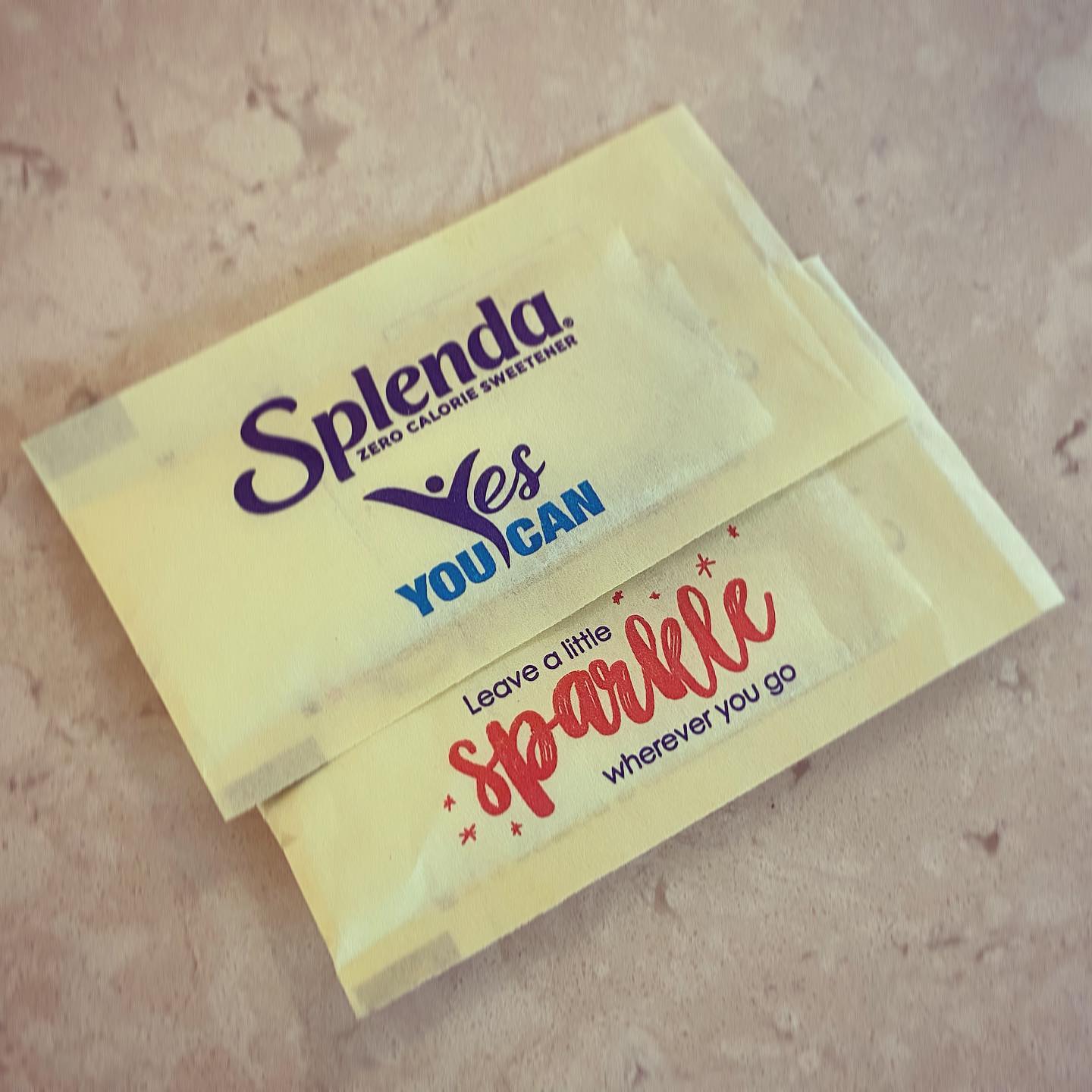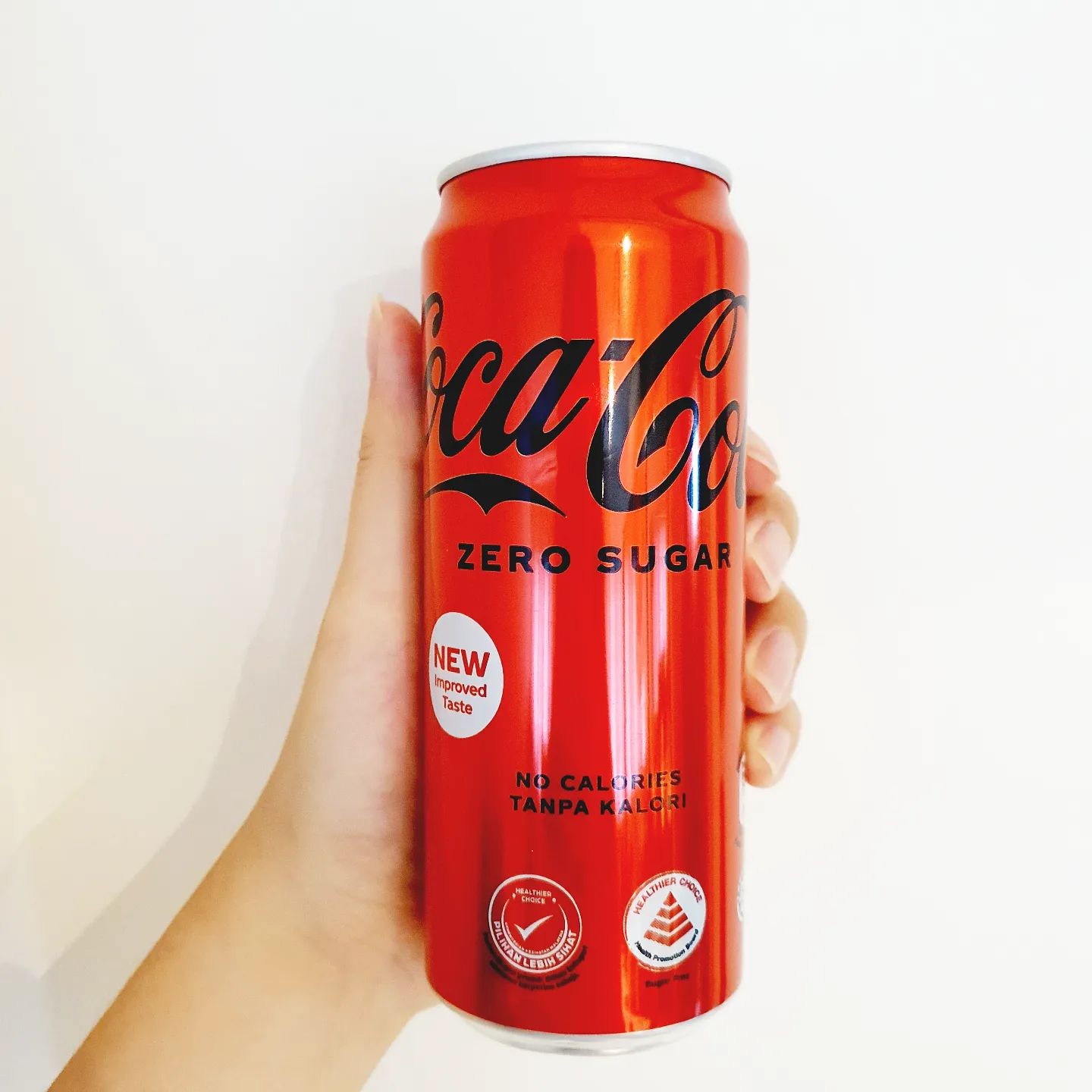Artificial Sweeteners – The Sweet And Bitter Truths
Chocolates, desserts, pastries, sodas . . . who can resist? Sugar is a staple in many kinds of foods, but it can make people overweight and can cause different kinds of diseases. Will artificial sweeteners save the day, or can they cause some serious side effects, too?
Author:Suleman ShahReviewer:Han JuJul 25, 20229 Shares290 Views
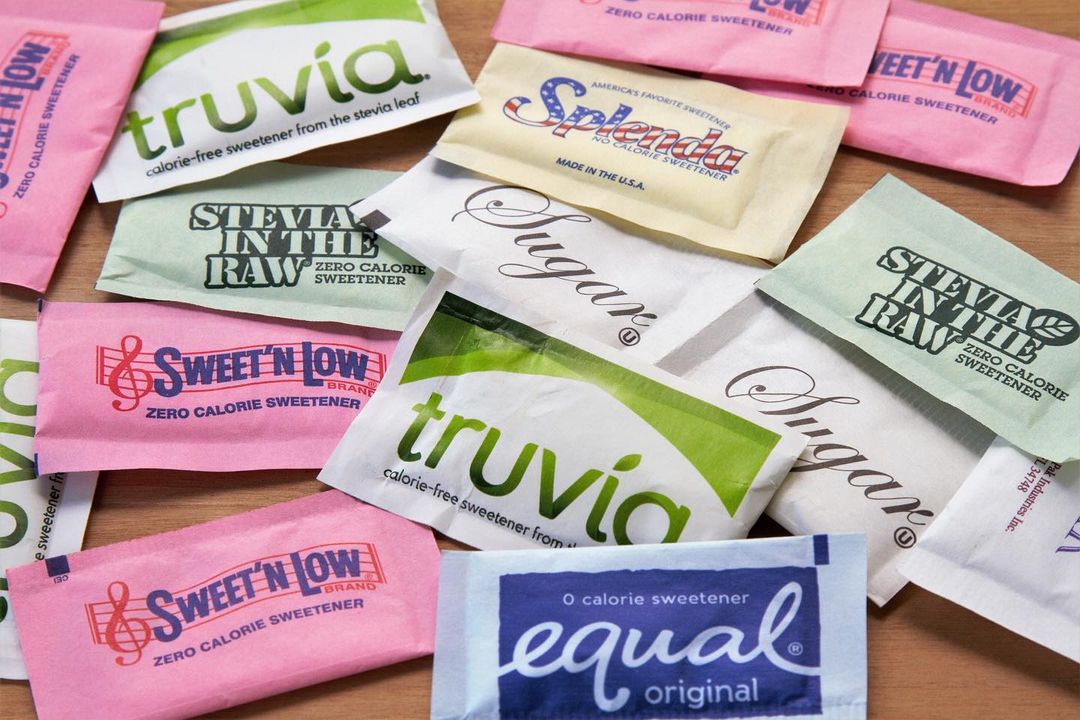
Recently, artificial sweetenerswere once again placed under scrutiny when no less than the World HealthOrganization (WHO) reiterated its warning on their consumption.
A high time to do that.
By 2021, aspartame, a popular low-calorie sweetener, attained a market growth that, in monetary terms, was approximately $9 billion, reported Gulf News.
The WHO drafted a guideline to address health-related concerns over their use as well as other issues and interests associated with sugar substitutes.
Released on July 15, 2022, the said guideline aims to inform the public about WHO’s latest findings regarding them.
Those discoveries – after perusing over 200 studies – steered the agency in reviewing, among other things, the acceptable daily intake (ADI) and the possible health risks.
The Joint FAO/WHO Expert Committee Report on Food Additives (JECFA) contributed to the guideline. Established in 1945, the Food and Agriculture Organization (FAO) is one of the specialized agencies of the United Nations.
Artificial sweeteners are examples of food additives.
The WHO also worked with the International Agency for Research on Cancer (IARC; est. 1965).
Ready to digest a nice serving of updated information about artificial sweeteners?
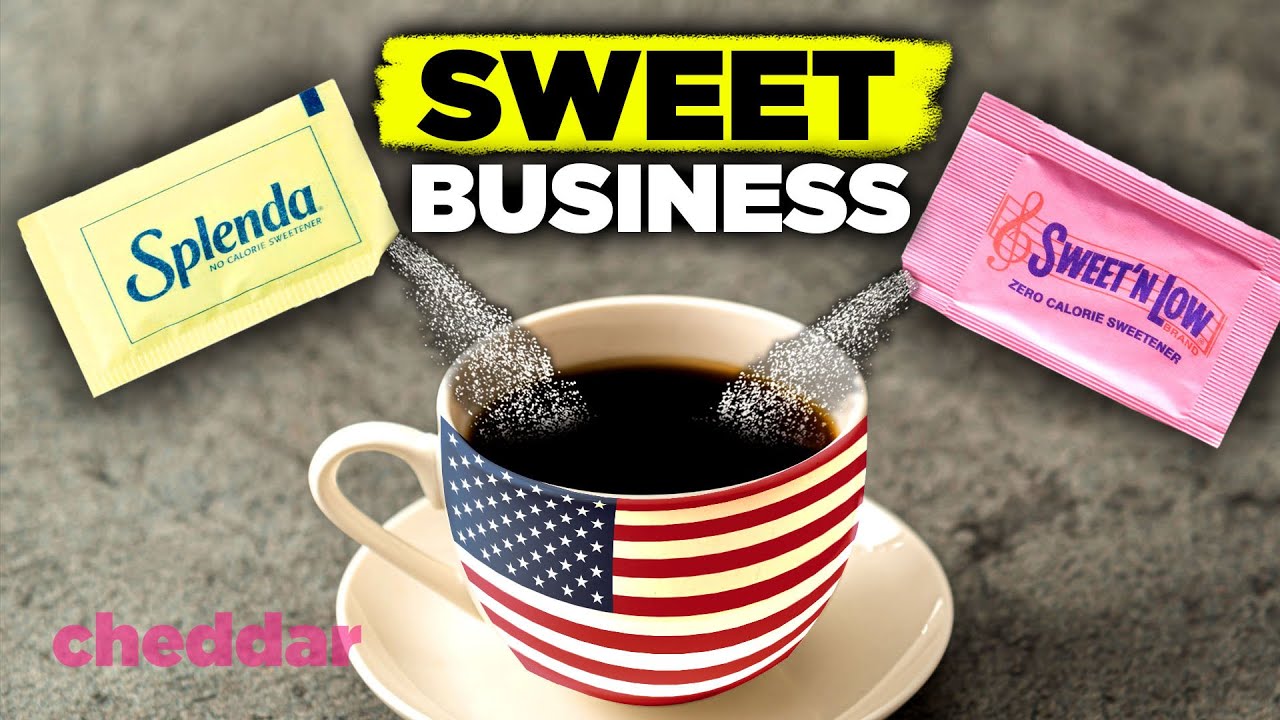
How America Got Hooked On Artificial Sweeteners - Cheddar Explains
The Truth About Artificial Sweeteners
Promise, no sugar coating on this one.
As mentioned earlier, artificial sweeteners are food additives.
From the Encyclopedia of Food Safety (2014):
“„Food additives are natural or synthetic chemicals added to food to preserve flavor, enhance its texture or appearance.
Artificial sweeteners are also referred to as:
- intense sweeteners
- high-intensity sweeteners
- low-calorie sweeteners
- non-caloric sweeteners
- non-nutritive sweeteners
- non-sugar sweeteners
- sugar substitutes
In reference to artificial sweeteners, the WHO Draft Guideline: Use of Non-Sugar Sweeteners (July 2022)used the term “non-sugar sweeteners.”
In that guideline, WHO defined “non-sugar sweeteners” as:
“„All synthetic and naturally occurring or modified non-nutritive sweeteners that are not classified as sugars.
Generally, artificial sweeteners are synthetic (made from artificial, not natural, substances) chemicalsor synthetic food additives.
However, based on WHO’s definition, artificial sweeteners can be derived from natural substances.
To better understand the aforementioned definition, read below the meaning provided by Dr. Mike Hansen, a New York-based internist, pulmonologist, and intensivist:
“„A sugar substitute is a food additive that provides a sweet taste like that of sugar while containing significantly less food energy than sugar-based sweeteners, making it a zero-calorie or low-calorie sweetener.
Dr. Hansen was talking about energy density when he mentioned “less food energy.”
In a 2008 publication, the U.S. Centers for Disease Control and Prevention (CDC) defined “energy density” as “the amount of energy or calories in a particular weight of food.”
Energy density is “generally presented as the number of calories in a gram (kcal/g).” CDC gave this one as an example: a 45-gram of chocolate bar may contain 230 calories.
Chocolates are regarded as high-energy-dense foods. A hundred grams of peas only has 81 calories, making them low-energy-dense foods.
Based on Dr. Hansen’s definition of sugar substitutes, they have lesser calories (hence, the term “low-calorie sweetener”) compared to table/white/regular sugar.
That’s why there’s the notion that because artificial sweeteners are low in calories, people will not gain weight if they consume it instead of regular sugar.
But WHO discredited that belief.
According to its guideline, there exists insufficient proof that consuming non-sugar sweeteners (NSS) will be advantageous in maintaining a person’s ideal weight.
The “lack of evidence” prompted the agency to issue a “conditional recommendation” regarding the use of NSS:
“„WHO suggests that NSS not be used as a means of achieving weight control or reducing risk of noncommunicable diseases.
Moreover, the guideline pointed out that the low-calorie content of artificial sweeteners may only lead to short-term benefits.
The WHO warns the public that the “possible long-term undesirable effects” is greater thanthe short-term benefits.
What could be those probable “undesirable effects?”
That would be, according to WHO, the “increased risk” of acquiring a disease – and “of death.”
Furthermore, the WHO guideline stated:
“„NSS are not essential dietary factors and have no nutritional value.
No wonder artificial sweeteners are also called “non-nutritive sweeteners.”
Prior to the guideline, WHO published Health Effects of the Use of Non-Sugar Sweeteners: A Systematic Review and Meta-Analysis” (April 2022).
After reviewing 283 studies, the agency made a declaration echoed by the guideline it published a few months after:
“„There is no clear consensus on whether non-sugar sweeteners are effective for long-term weight loss or maintenance . . . at intakes within the ADI.
Based on the results of the trials studied by WHO, “non-sugar sweeteners may have little impact” on achieving or maintaining “lower body weight.”
Artificial Sweeteners Vs. Sugar
Let’s start with the recommended daily intake.
Per WHO, its “strong recommendation” for the acceptable daily intake (ADI) of sugar is 50 grams per day (or “less than 10 percent of energy intake”).
Its “conditional recommendation” for ADI of sugar, however, is 25g/day (or “below 5 percent of total energy intake).
As for ADI for artificial sweeteners by JECFA, see the table below (from WHO's Health Effects of the Use of Non-Sugar Sweeteners):
| Artificial Sweetener | ADI (milligrams for each kilogram of body weight) |
| Acesulfame K | 15mg/kg of body weight |
| Advantame | 5 |
| Aspartame | 40 |
| Cyclamate | 11 |
| Neotame | 0.3 |
| Saccharin | 15 |
| Steviol glycosides | 4 |
| Sucralose | 5 |
Now why use “intense” and “high-intensity” when describing artificial sweeteners?
Canadian non-profit organization Health First Network said that artificial sweeteners “can be up to 600 times as sweet as sugar!”
Sweetness overload, indeed.
Sucralose, a kind of sugar substitute, even has a higher level of sweetness than that, according to Professor of Pediatrics Michael I. Goran, Ph.D.
“„Sucralose is 300 to 1,000 times sweeter than regular sugar (sucrose).
Dr. Goran, who’s also the Program Director for Nutrition and Obesity at Children’s Hospital of Los Angeles, wrote that in one Instagram post.
When it comes to sweetness level, other sugar substitutes won’t allow themselves to fall behind.
Below is another table and this time, with information from the U.S. Food and Drug Administration (FDA):
| Artificial Sweeteners | As compared to Sugar |
| Acesulfame-K | 200 times sweeter than sugar |
| Advantame | 20,000 times sweeter |
| Aspartame | 200 times sweeter |
| Neotame | 7,000–13,000 times sweeter |
| Saccharin | 200–700 times sweeter |
| Sucralose | 600 times sweeter |
It seems Health First Network underestimated artificial sweeteners!
Anyway, in an article dated May 2014 (updated: December 2017) and posted on its website, the FDA approved all six as food additives to be used in the U.S.
Artificial Sweeteners List
Here’s a table of artificial sweeteners and their corresponding brand names:
| Artificial Sweeteners | Brand Name(s) |
| Acesulfame Potassium (Acesulfame-K or Ace-K) | Sunett (formerly spelled as "Sunette"), Sweet ‘N Safe, Sweet One, Swiss Sweet |
| Aspartame | Equal, NatraTaste Blue, NutraSweet (before: Sugar Twin) |
| Advantame | has no brand name |
| Alitame | Aclame |
| Neotame | Newtame |
| Saccharin | Assugrin, Necta Sweet, Sweet’N Low, Sweet Twin, Sugar Twin |
| Sucralose | Candys, Cukren, Kaltame (or Pentasure Kaltame), Nevella, Splenda, SucraPlus, Sukrana, Zerocal |
Twinsweet, by the Chinese company Vitasweet (est. 1995), is made up of aspartame and Acesulfame-K.
SWISSMADE Trading’s Assugrin, a product of Switzerland, contains saccharin and cyclamate.
Some countries including the U.S. banned cyclamate (or sodium cyclamate) in 1969/70, according to the Encyclopedia of Food Sciences and Nutrition (2003). Based on studies involving lab rats, it could cause cancer.
Some of the foods that contain artificial sweeteners:
- baked goods (e.g., breads, cakes, cookies, muffins)
- breakfast cereals
- candies
- jams and jellies
- yogurt
Chewing gums, ketchup, and salad dressings as well as toothpaste and mouthwash may have sugar substitutes in them.
For beverages:
- alcoholic drinks
- energy drinks
- fruit juices
- sodas/soft drinks
- sports drinks
Top 10 Dangers Of Artificial Sweeteners
In a 2022 interview with Gulf News, Dr. Nishanth Sanalkumar, an endocrinologist from the United Arab Emirates, said that artificial sweeteners have become “a good alternative” for people who like sweets.
He expressed concern, however, in the absence of studies (or the lack of) that will verify that sugar substitutes are safe for long-term consumption.
Dr. Sanalkumar, head of the Department of Endocrinology, Diabetology and Metabolic Disorders at NMC Royal Hospital Sharjah in Abu Dhabi, stated:
“„They [sugar substitutes] were initially promoted as a healthy alternative to prevent weight gain, obesity, diabetes, but there are no studies that show that they actually do that.
When it comes to studies showing how they can be harmful to one’s health, though, several were made through the course of time.
Based on studies, the following are ten possible harmful side effects of using artificial sweeteners on a long-term basis and beyond the ADI:
a. Headaches, Migraines
The American Headache Society cited a study published in 1989, which shows that aspartame is the one responsible.
b. Dementia, Memory Loss, Stroke
Stroke, a peer-reviewed journal, published a study in 2017, which links artificially-sweetened soft drinks to the above-mentioned neurological problems.
c. Crohn’s Disease
(inflammationof the digestive tract), Irritable Bowel Syndrome(e.g., bloating, constipation, diarrhea)
Per one journal published in 2018 by Inflammatory Bowel Diseases, Splenda could increase the risk of having Crohn’s disease.
Two studies, both published in 2014 (Nature and Plos One), indicate that artificial sweeteners such as aspartame can negatively affect gut bacteria (the “good” bacteria in the intestines).
Dr. Michael I. Goran also warned:
“„Sucralose is not absorbed or digested; it is excreted in the stool, which means that it might alter gut bacteria.
d. Anxiety, Mood Disorders, Depression
According to a study published by the Research in Nursing & Health (RINAH) in 2014, the culprit is aspartame.
Be cautious in using aspartame.
In another study (published by Nutrition Research in 2017), the researchers revealed that aspartame could cause liver damage.
Intolerance To Artificial Sweeteners Symptoms
Not everyone can have a sweet time while taking sugar substitutes.
An article by South Carolina-based Atlantic Spine and Health Clinic cautions that one may experience the following when using artificial sweeteners, specifically aspartame:
- abdominal pain
- diarrhea
- itching
- lip or mouth swelling
- upset stomach
People Also Ask
Which Artificial Sweeteners Raise Blood Sugar?
A journal published by Nature in 2014 identified these three:
- aspartame
- saccharin
- sucralose
Do Artificial Sweeteners Cause Cancer?
Yes, they can.
Medical News Today reported in April 2022 about a study showing that “people consuming large quantities of artificial sweeteners” can have a “13 percent higher risk of cancer.”
They can have breast cancer or other types of cancer “related to obesity.”
What Foods Have The Most Sugar?
Eat the following in moderation:
- breakfast cereal, instant oatmeal
- low-fat yogurt
- mangoes, cherries, pears, bananas, grapes, canned fruit
- barbecue sauce, pasta sauce
- peanut butter, ketchup
What Foods Are Not High In Sugar?
Some of them include:
- avocados, blackberries, blueberries
- fish (e.g., mackerel, salmon)
- grains (e.g., brown rice, crackers, quinoa)
- nuts (e.g., almonds)
- vegetables (e.g., the leafy greens, carrots, mushrooms)
Conclusion
Lifeis sweet, or so they say.
Desserts and other sugary stuff literallyadd sweetness to life.
Artificial sweeteners appear to be a wonderful refuge of sorts as people battle their way against weight gain – without giving up the cakes and the sodas, etc.
But, think about the health risks. Always.
To avoid the bitter moments of paying for medications or getting hospitalized, use them sparingly.
Or at least follow the recommended daily intake of artificial sweeteners.

Suleman Shah
Author
Suleman Shah is a researcher and freelance writer. As a researcher, he has worked with MNS University of Agriculture, Multan (Pakistan) and Texas A & M University (USA). He regularly writes science articles and blogs for science news website immersse.com and open access publishers OA Publishing London and Scientific Times. He loves to keep himself updated on scientific developments and convert these developments into everyday language to update the readers about the developments in the scientific era. His primary research focus is Plant sciences, and he contributed to this field by publishing his research in scientific journals and presenting his work at many Conferences.
Shah graduated from the University of Agriculture Faisalabad (Pakistan) and started his professional carrier with Jaffer Agro Services and later with the Agriculture Department of the Government of Pakistan. His research interest compelled and attracted him to proceed with his carrier in Plant sciences research. So, he started his Ph.D. in Soil Science at MNS University of Agriculture Multan (Pakistan). Later, he started working as a visiting scholar with Texas A&M University (USA).
Shah’s experience with big Open Excess publishers like Springers, Frontiers, MDPI, etc., testified to his belief in Open Access as a barrier-removing mechanism between researchers and the readers of their research. Shah believes that Open Access is revolutionizing the publication process and benefitting research in all fields.

Han Ju
Reviewer
Hello! I'm Han Ju, the heart behind World Wide Journals. My life is a unique tapestry woven from the threads of news, spirituality, and science, enriched by melodies from my guitar. Raised amidst tales of the ancient and the arcane, I developed a keen eye for the stories that truly matter. Through my work, I seek to bridge the seen with the unseen, marrying the rigor of science with the depth of spirituality.
Each article at World Wide Journals is a piece of this ongoing quest, blending analysis with personal reflection. Whether exploring quantum frontiers or strumming chords under the stars, my aim is to inspire and provoke thought, inviting you into a world where every discovery is a note in the grand symphony of existence.
Welcome aboard this journey of insight and exploration, where curiosity leads and music guides.
Latest Articles
Popular Articles
